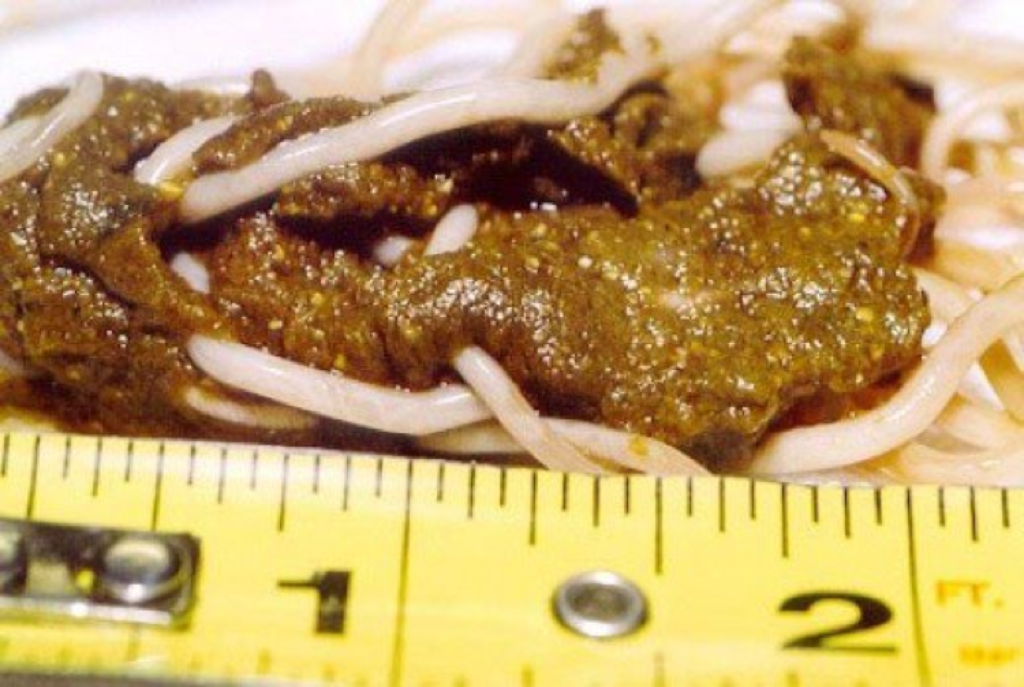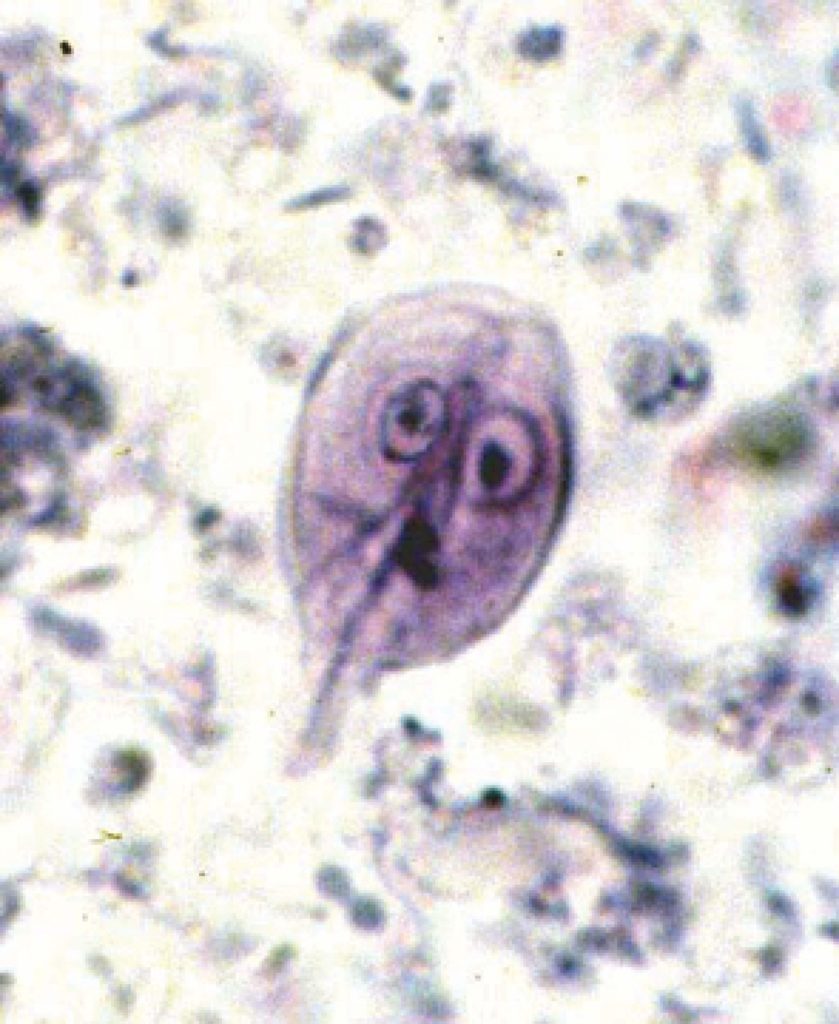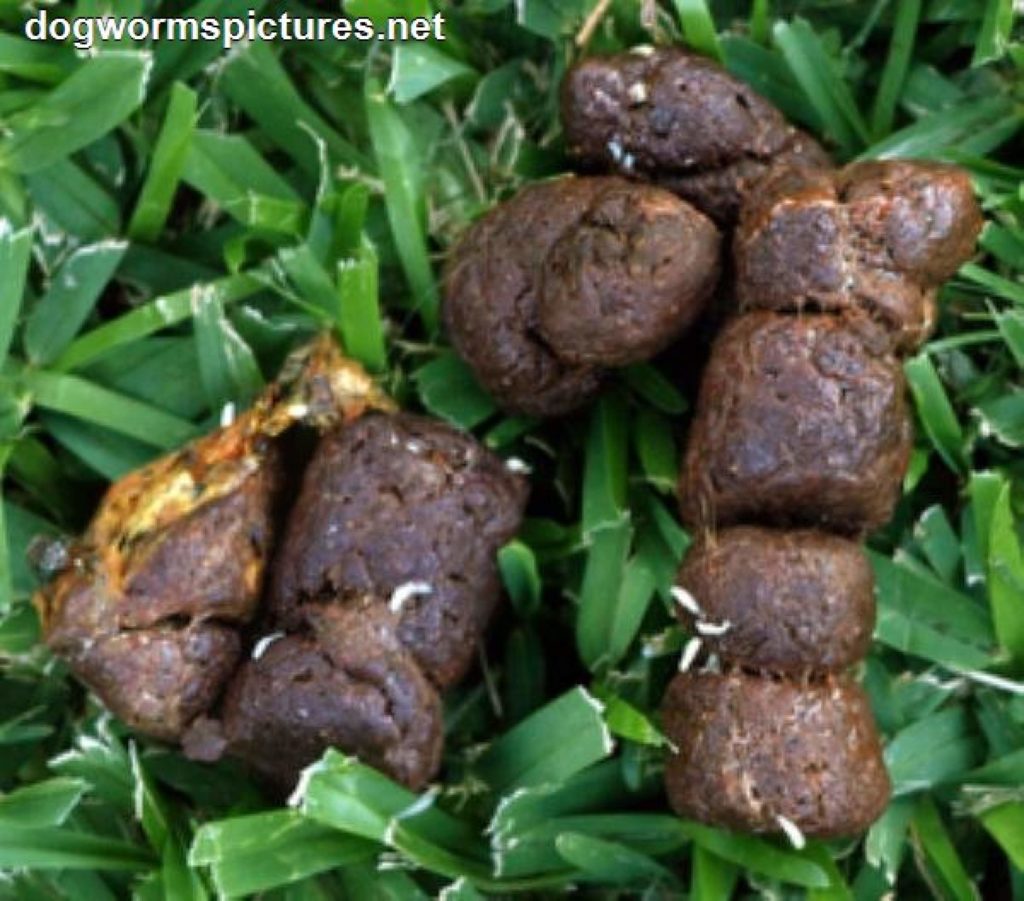Monthly Doctor’s Blog: Fecal Testing and Intestinal Parasites

Every month, the doctors of AtlasVet are writing a blog post to help pet owners with common questions.
For November, Dr. Brittany Cartlidge discusses fecal testing and intestinal parasites.
You may receive a call from our office about a positive fecal test result. Or, worse yet, see worms in your pet’s stool or vomit. Your pet has worms. First of all, don’t panic. Hopefully the following blog post provides answers to a lot of common questions and concerns about intestinal parasites (aka. worms).
What is a fecal test?
· The term fecal test refers to a fecal flotation, in which involves the fecal material being diluted and reviewed microscopically for parasitic cysts and eggs. There are some more specialized tests called PCR and ELISA tests that can detect the presence of parasites that are only shed in the feces intermittently and therefore missed on the fecal flotation test.
How can my dog or cat have worms if they don’t have diarrhea?
· Many animals can be asymptomatic for intestinal parasites, especially with Giardia.
Why are the worms not always visible in the stool?
· Some parasites are only visible microscopically (like Giardia and Isospora/coccidia). Others, like hookworms, shed their eggs in the stool which are identified under the microscope but the worms are not visually seen in the stool.
What worms are visible in the stool?
· Tapeworms and roundworms are the two parasites that can be visibly seen in the stool. Tapeworms look like grains of rice. Roundworms, which can also be vomited up, appear like spaghetti noodles.
Can their family get sick from the pet if they have worms? Can another pet in the home?
· Transmission to humans is very uncommon. However, practicing good hygiene (hand washing after cleaning up after your pet, preventing young children from touching fecal material and putting their hands in their mouths) is sufficient to prevent infection. As far as other pets in the home, we recommend preventing them from ingesting the infected pet’s fecal material. If you are concerned, you can always bring a stool sample in for a fecal test for other pet in home. And if your doctor deems it appropriate, they can prophylactically deworm the other pet in the home.
If a fecal test is negative, can their pet still have parasites?
· Yes. Some parasites, like whipworms and Giardia, only shed their eggs or cysts intermittently into the stool so they may be missed on a fecal flotation.
How to prevent intestinal parasites?
· Heartworm preventions, like Heartgard, Interceptor and Revolution, prevent many, but not all intestinal parasites. Flea preventions, like Frontline, Advantix and NexGard, prevent fleas and pets get tapeworms from eating fleas. Unfortunately, there is no prevention for Giardia and it is ubiquitous in the environment. The really annoying thing about Giardia is that it can exist in a cyst form which allows it to live outside the host, contaminating the environment and waiting to infect another host. Contaminated water is a common source of Giardia infection but pets can also get Giardia by ingesting the cysts while grooming their haircoat.
The final word on worms:
· Please be a responsible DC pet owner and pick up your pet’s poop. Keep your pet on monthly heartworm prevention as it also prevents some, but not all, intestinal parasites. Follow your veterinarian’s recommendation for annual or semi-annual fecal analysis, treatment of intestinal parasites and recheck fecal testing to keep your pet free of worms.



